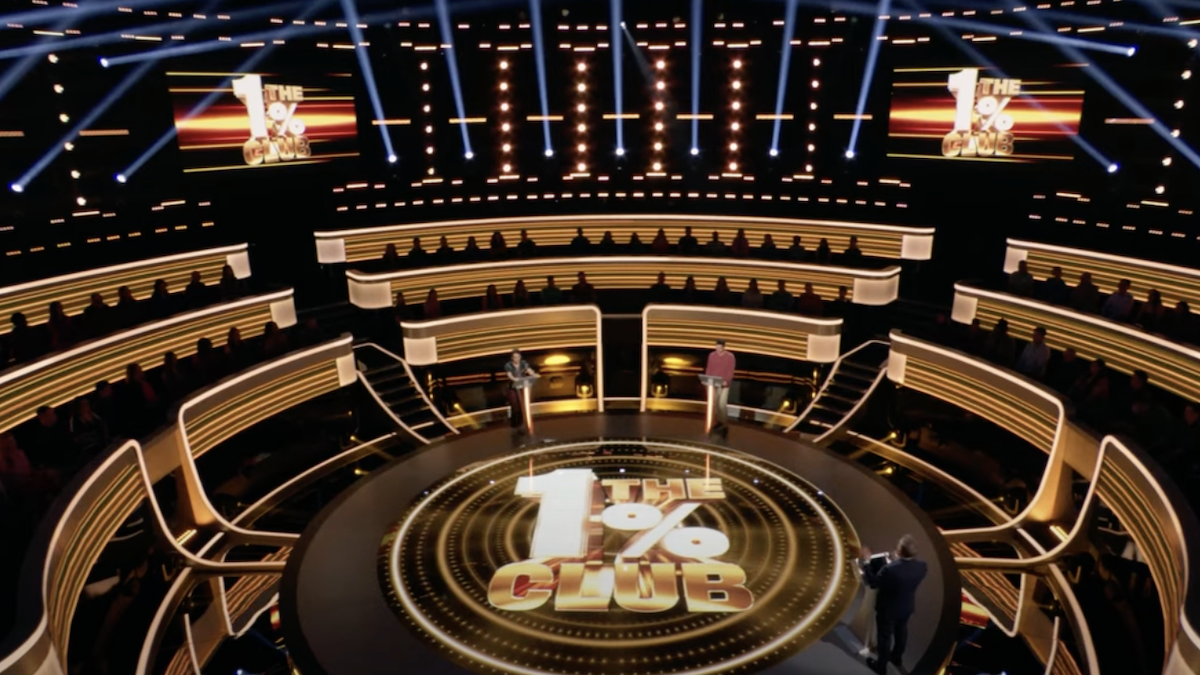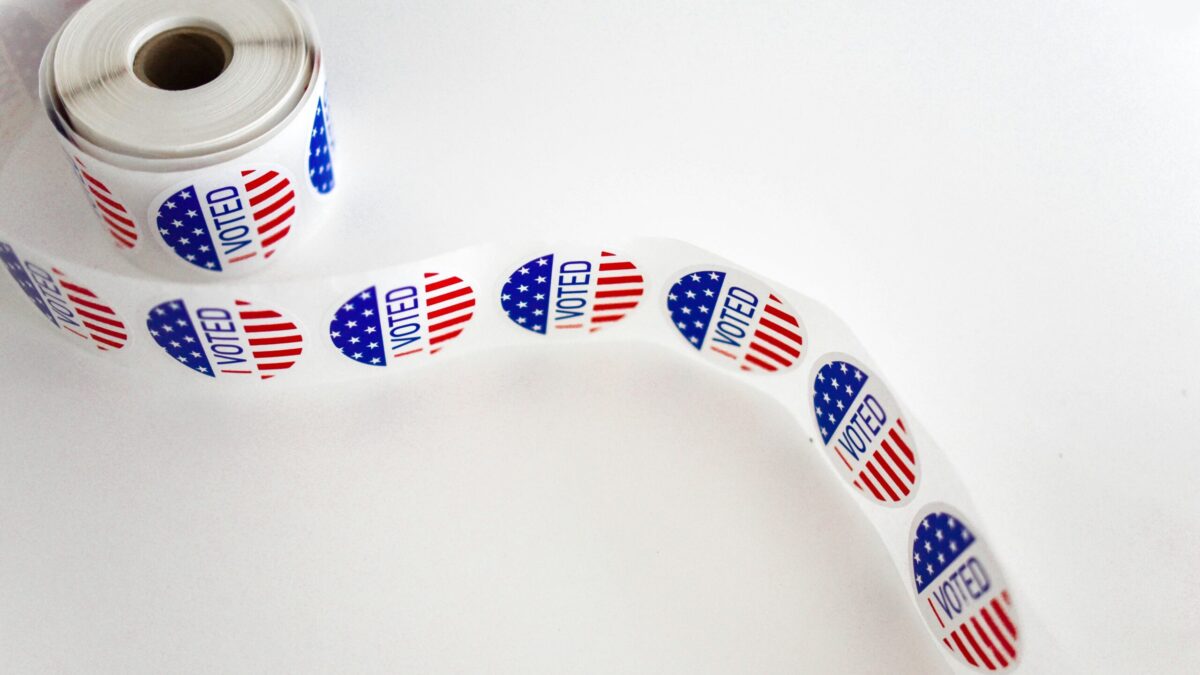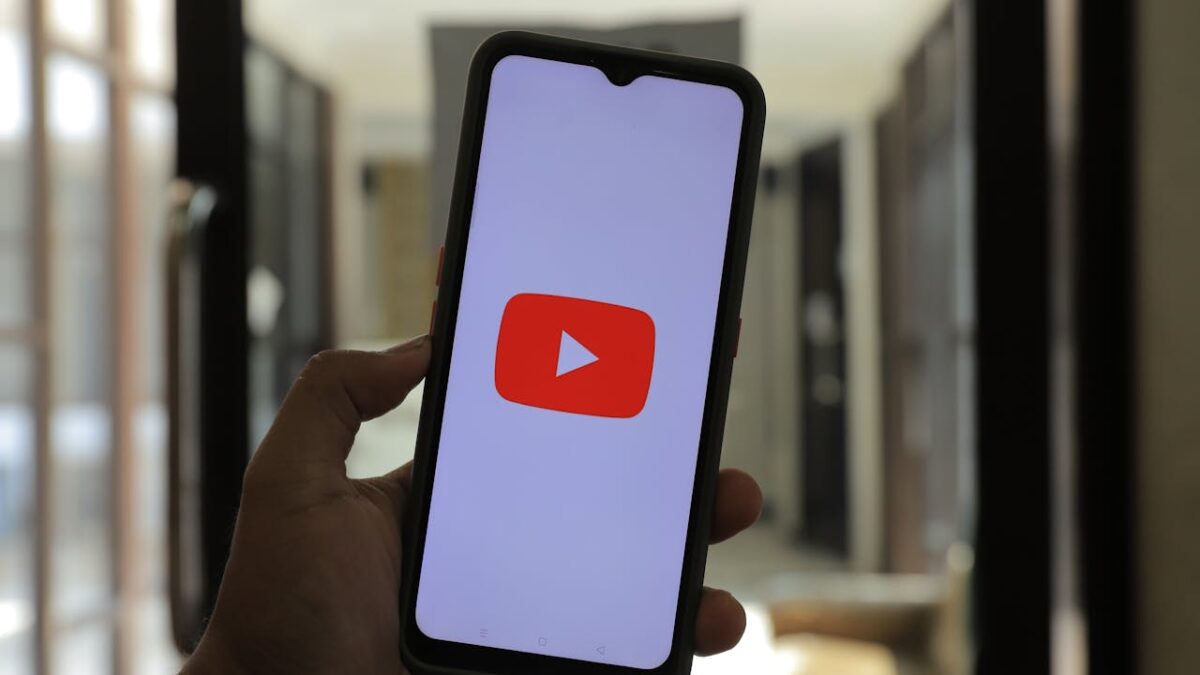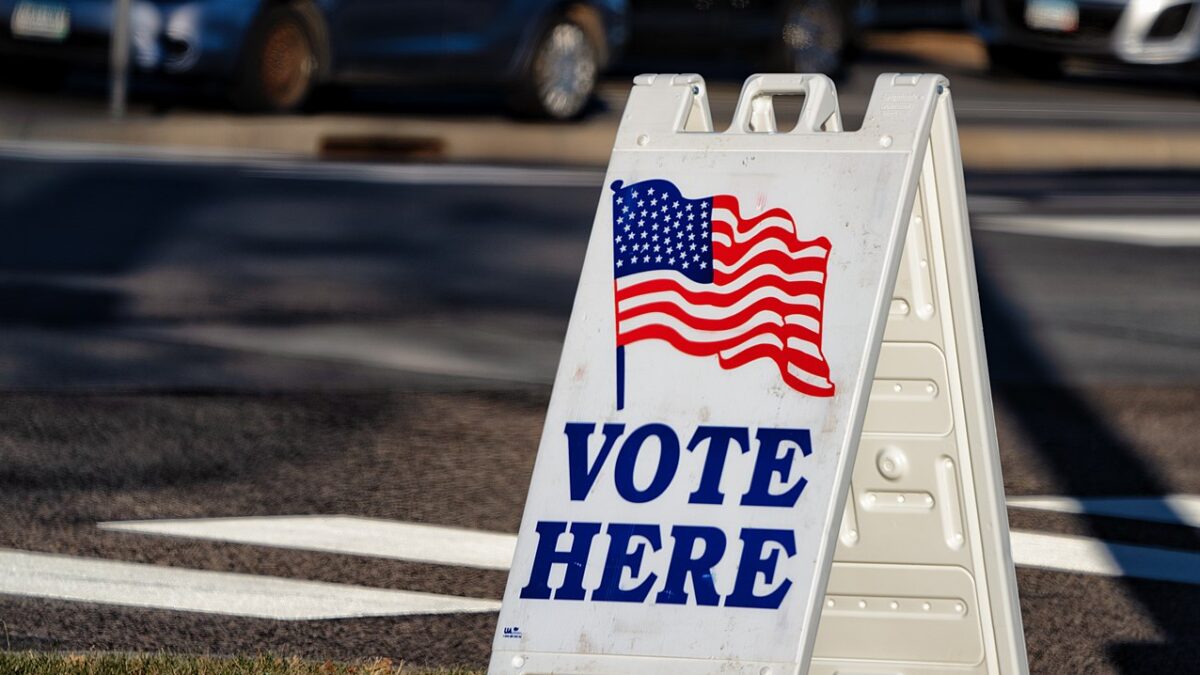It sounds like a joke: When coming up with its newest game show offering, ABC turned to Shaquille O’Neal and Donald Rumsfeld for inspiration. Yet the new show, titled “Lucky 13,” works, serving as a unique hybrid between a quiz show and a tutorial in game theory.
The basketball Hall of Famer hosts the show along with actress Gina Rodriguez. But the ghost of the former secretary of defense lingers over the show’s premise. In order to win any money, contestants must correctly assess what they don’t know, which echoes Rumsfeld’s famous soliloquy about “known unknowns” and “unknown unknowns.”
Contestant Grades Own Performance
An episode of Lucky 13 starts simply enough, with a contestant picked at random from a group of 13 and then being given a series of 13 true/false questions. The queries run the gamut of general knowledge, from celebrity gossip to geography to more obscure trivia (e.g., the number of dimples on a golf ball).
The show’s twist comes when the contestant gets asked to assess his own performance — i.e., the number of questions he believes he answered correctly — after being asked the questions but before seeing the answers. If the contestant correctly guesses his performance within a range, he wins money ranging from $5,000 (if the contestant got one to three questions correct) to $1 million if he got all 13 questions correct. But if the contestant’s actual number of correct answers falls outside the range he predicted, either high or low, the contestant walks away with nothing.
In the most extreme case, a contestant could answer all 13 questions correctly, yet win absolutely nothing — because answering all 13 questions correctly only matters if the contestant also correctly predicted his perfect performance. Put another way, “Lucky 13” assesses a contestant’s own instincts and game-playing ability as much as it does his knowledge base.
Financial Gambles
The show does pay more for contestants with accurate answers. Contestants accurately predicting they will answer all 13 questions correctly receive $1 million, with $100,000 for 10-12 questions correct, $25,000 for seven to nine questions correct, $15,000 for four to six questions correct, and $5,000 for one to three questions correct. The last scenario seems highly unlikely because most contestants will get more than three true/false questions correct just by random choice. (Besides, if players were confident enough to believe they got only one question correct, shouldn’t they just have given the opposite answers to the true/false questions, in which case they could put themselves in line for bigger bucks?)
The show’s premiere episode demonstrates the upsides and downsides of the theory behind the game. In the show’s first half, a contestant predicted he would answer seven to nine questions correctly and then further predicted he would get nine questions correct. (Hitting the number of correct questions on the nose wins a contestant a $25,000 bonus).
By predicting he would answer nine questions correctly, the contestant put himself in line for a total prize of $50,000 ($25,000 for being in the range of seven to nine and an additional $25,000 for hitting it on the nose). But predicting he would have answered 10 questions correctly would have won him a total prize of $125,000 ($100,000 for being in the range of 10-12 and an additional $25,000 for hitting it on the nose). In other words, predicting he would get an additional question right would have paid this contestant 2.5:1 odds — $125,000 for predicting 10 questions correct versus $50,000 for predicting nine questions correct.
Put in mathematical terms, the choice seems obvious: Take the calculated risk and select the slightly higher total, given the much higher payoff that comes with it. Yet the contestant in question not only picked the lower total, he missed out on the (smaller) payoff — because the contestant ended up getting 10 questions right rather than nine after all, putting him out of his chosen range and leaving him with nothing.
Like the infamous second episode of “Jeopardy!’s” syndicated run, where all three contestants ended up with $0 scores because they hadn’t thought through how to wager on “Final Jeopardy!,” the contestants’ behavior on “Lucky 13” apparently has not caught up with game theory and strategy. In some ways, that speaks to the novelty of the concept; time will tell if that concept plays well with viewers.
Unique Pairing
When it comes to playing well, “Lucky 13’s” hosts do just that. O’Neal and Rodriguez complement each other nicely and hit the right tone for a quiz show. While the gargantuan Shaq towers over both his fellow host and the contestants, the show does not rely on visual pranks or over-the-top jokes to hold its viewers’ attention.
Instead, “Lucky 13” seeks to engage the audience by asking contestants to judge their own performance — and with sizable sums available only if they judge correctly. Here’s hoping that viewers judge the show a novel new offering in the game show universe.
“Lucky 13” airs Thursdays at 9 p.m. Eastern/8 p.m. Central on ABC and is available online.









